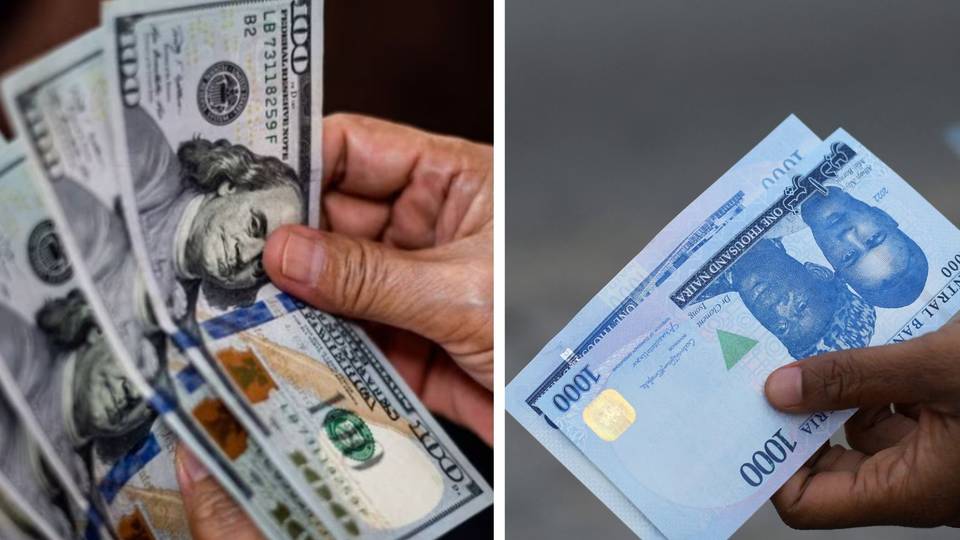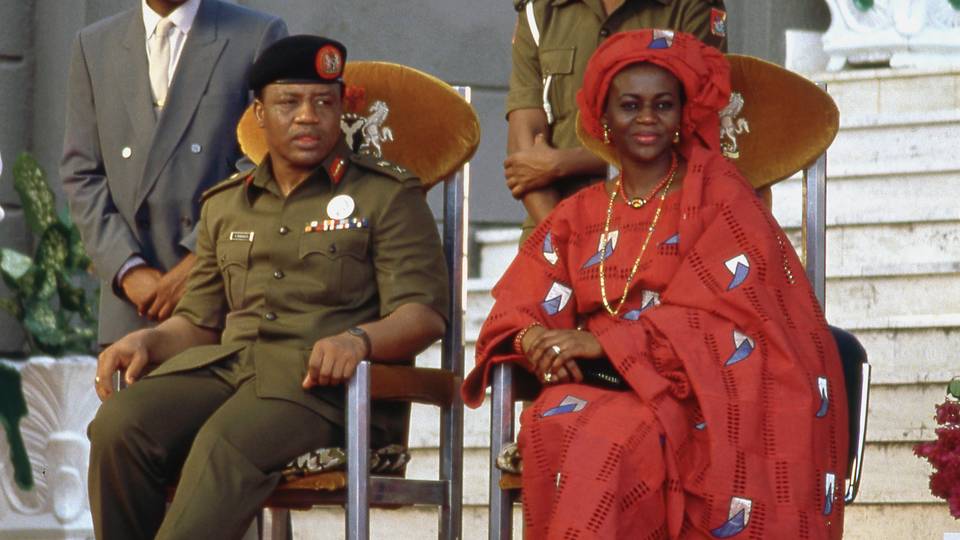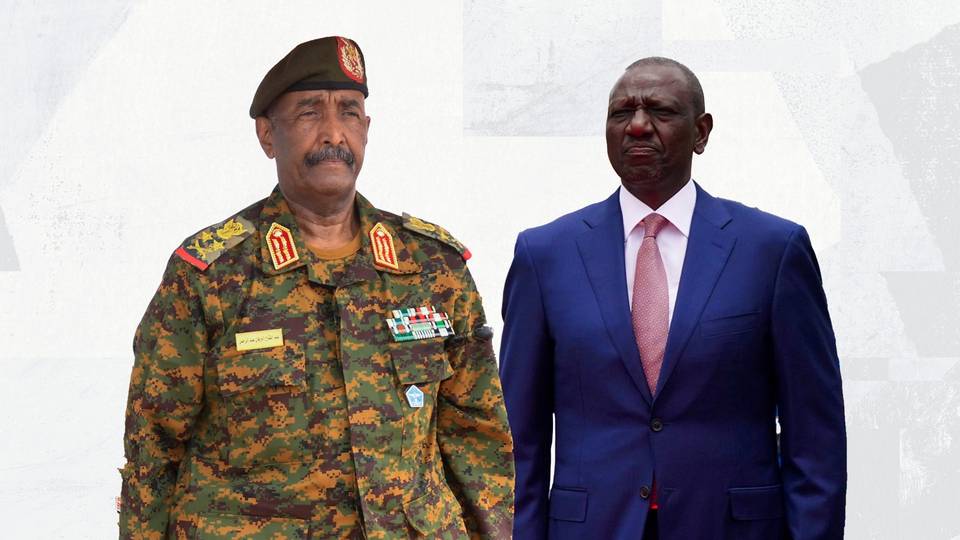Sport
Dollar
38,2552
0.34 %Euro
43,8333
0.15 %Gram Gold
4.076,2000
0.31 %Quarter Gold
6.772,5700
0.78 %Silver
39,9100
0.36 %Nigeria's proposal for increased taxation of the rich and the middle class to garner more revenues for spending on social welfare has stoked a debate about its feasibility and fairness.

By Abdulwasiu Hassan
At its core, the Robin Hood principle — take from the rich, give to the poor — would appear to be a fair antidote to the scourge of economic inequality.
The debate is over how much taxation is enough to peacefully reconcile to what the American statesman Benjamin Franklin famously said, "In this world, nothing can be said to be certain, except death and taxes."
One of the wealthiest philanthropists in the world, Microsoft founder Bill Gates, stirred a hornet's nest on Nigerian social media recently when he suggested that the West African nation must tax its citizens more.
"The actual tax collection in Nigeria is pretty low," Gates said during his visit.
Gates isn't the first to raise the issue of Nigeria's low tax collections compared to its GDP. Institutions like the International Monetary Fund have also flagged what some experts believe is an anomaly.
"In 2023, Nigeria collected 9.4% of its GDP in revenues. That's one of the lowest ratios you see globally and on the continent," IMF's mission chief in Nigeria, Axel Schimmelpfennig, said.
"What it means is that the government has too few resources for social and development spending on health, education, infrastructure, etc."
Trying conditions
The removal of fuel subsidy last year and the floating of the country's currency, the naira, have led to runaway inflation.

Many Nigerians have been struggling to make ends meet.
The chairman of the presidential fiscal policy and tax reform committee, Taiwo Oyedele, said recently that the panel had proposed to the government to reduce VAT to zero on food, health, education, rent, transportation and small businesses.
"One of the things we found out is that it is mostly the working class in Nigeria who have been paying taxes," he said.
"So, it is time for them to take a break, which means we have to retake a look at the system to take the burden away from the vulnerable section, including small businesses. The middle class and the elite can afford to pay in line with the principle of progressivity regarding taxation."

Oyedele explained that the committee had drafted a set of proposed changes that could potentially reengineer the country's finances.
President Bola Tinubu has to get the proposals passed by Parliament for these to become laws.
Shrinking middle class
Not everyone is as optimistic as Oyedele about the potential of progressive taxation to bridge the country's revenue gap.
Dr Usman Bello of the economics department at Ahmadu Bello University, Zaria, is one of them. He believes taxing the middle class and the rich for higher revenues is fraught with practical challenges.
"You must understand that you cannot tax an already slow-growing economy. To suggest that more taxes can be imposed on high income is going to suffocate the economy to the point of it becoming unbearable," Dr Bello tells TRT Afrika.
He notes that most Nigerians emigrating to so-called greener pastures are middle class.
"Taxing the same middle class will further fuel the exodus. So, there is no way the government can run liberal policies that are highly retrogressive, wherein you begin to think that higher tax is the best option to source government revenue."
Porous tax net
One of the significant issues about taxation in Nigeria is that many people outside the formal sector hardly pay taxes.

While critics lament a lack of a tax-compliance culture among many Nigerians, analysts say accountability within the political class comes first.
One of the first principles of taxation is transparency. Secondly, it is for the taxpayer to know that his money is being used to fund spending for greater public good," says Dr Bello.
Ridwan Salisu Imam, who makes a living selling foodgrain in Kano, is among those who would like some questions answered before he willingly pays tax.
"I have a right to know if the money I pay as tax is being used correctly. Everything is going backwards, while government officials build or buy majestic houses and send their children to school abroad. Our education system is wallowing in chaos," he tells TRT Afrika.
"Big companies and financial institutions like banks and international companies should be taxed more."
Taxing the rich
There is a school of thought that taxing the affluent more will have little impact on the government's revenue bottom line since Nigeria's rich comprise a minuscule section of the country's 218 million-strong population.

Another theory is that Nigeria can benefit from taxing luxury items and services. One of these is private jets. The customs authorities called out charter services recently because they needed proper documentation for their aircraft.
The government had also threatened to clamp down on private jet operators in 2021, but not much came of it.
➤Click here to follow our WhatsApp channel for more stories.
Comments
No comments Yet




















Comment